Prerequisites
- A Metoro account
- An application configured with OpenTelemetry
Pricing
Custom logs are billed at $0.30 per GB.High Level Overview
The metoro exporter running in each cluster is a fully compliant OpenTelemetry collector. This means that you can send logs to Metoro using any OpenTelemetry compatible tracing library.Endpoint Configuration
Configure your OpenTelemetry exporter to send logs to:Authentication
No additional authentication is required when sending logs from within the cluster to the Metoro exporter.OpenTelemetry Collector Configuration
If you’re using the OpenTelemetry Collector to forward logs to Metoro, here’s an example configuration:- Receives logs via OTLP over both HTTP (4318) and gRPC (4317)
- Batches logs for efficient transmission
- Forwards logs to the Metoro exporter
- Uses insecure communication since we’re within the cluster
Language-Specific Examples
Go
Python
Node.js
Attributes and Context
When sending logs via OpenTelemetry, you can include additional attributes that will be indexed and searchable in Metoro:- Use resource attributes to define static information about the service
- Use log attributes to include dynamic information with each log entry
- Link logs with traces using trace context propagation
Troubleshooting
If you encounter issues with OpenTelemetry log ingestion:- Verify your endpoint URL and API key are correct
- Check your network connectivity to the Metoro OTLP endpoint
- Enable debug logging in your OpenTelemetry SDK
- Verify your logs appear in the Metoro logs view
- Contact support if issues persist
